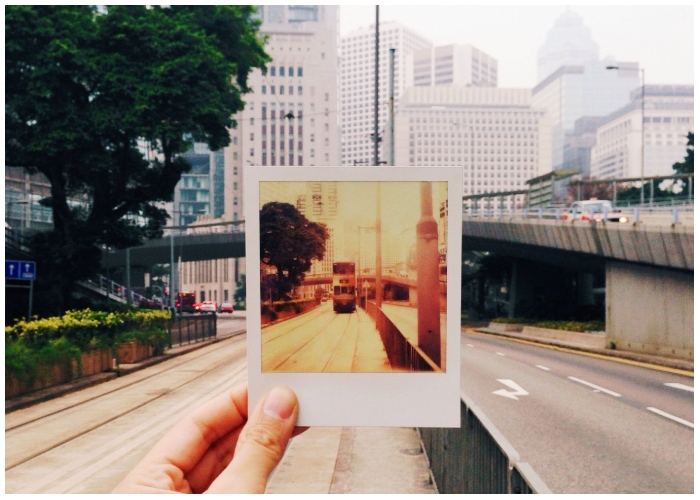From retro fashion to reboots of 90s sitcoms, vintage playlists to VHS-style Instagram filters—nostalgia is everywhere. We revisit the past not just for fun, but for comfort. In an age of rapid change and digital overwhelm, looking back feels like a way to ground ourselves.
But this cultural obsession with nostalgia isn’t just about rose-colored memories. It’s a signal. A message from a society that feels unmoored, uncertain, and in need of emotional anchors.
This article explores why nostalgia is booming—and why it might be doing more for us than we think.
The Rise of Nostalgia Culture
Nostalgia used to be a rare indulgence—something triggered by old photo albums or high school reunions. Now, it’s a marketing tool, a fashion statement, and a full-blown content genre. We binge-watch shows we’ve already seen, collect vintage items from childhood, and share memes that only make sense if you grew up in a certain decade.
Entire industries are being shaped by nostalgia:
- Film and TV are filled with reboots, sequels, and callbacks
- Fashion recycles trends from decades past with a modern twist
- Music is sampling Y2K and early-2000s pop culture in new tracks
- Brands are re-releasing retro packaging and “throwback” flavors
But this isn’t just about style. It’s about stability.
Why Nostalgia Feels So Good
Nostalgia activates the brain’s reward centers. It boosts dopamine and creates feelings of warmth, connection, and even safety. Research indicates that it can improve mood, increase self-esteem, and promote a sense of continuity during uncertain times. When the world feels chaotic, nostalgia reminds us of who we were—and gives us a thread to follow back to what felt simple, joyful, or grounded.

It doesn’t even matter if the past was actually better. What matters is how it felt to us at the time. Nostalgia filters out the hard parts and leaves behind the emotionally resonant highlights.
In that way, it becomes a coping mechanism—and a powerful one.
What We’re Really Longing For
Dig deeper, and nostalgia often reveals unmet needs in the present:
- We miss childhood not just because it was carefree, but because we felt taken care of
- We long for pre-social media times not only for the aesthetics, but for the slower, less performative pace of life
- We replay old songs because they remind us of who we were before the world asked us to grow up too fast
Underneath the fuzzy memories is a desire for connection, simplicity, community, and slowness.
Nostalgia becomes a bridge—not just to the past, but to the feelings we’ve lost touch with in the present.
The Double-Edged Sword of Looking Back
While nostalgia can be grounding, it can also become a trap. Romanticizing the past can keep us from fully engaging with the now. It can make us resistant to change, bitter about aging, or cynical about the future.
When nostalgia turns into escapism, we stop participating in the present moment. We scroll endlessly through “Remember when?” content and start to believe the best days are behind us.
The challenge is to let nostalgia inspire you—not define you.
Ask: What do I miss about that time? And how can I recreate that feeling now—in a way that fits my current life?
How to Use Nostalgia With Intention
If you find yourself reaching for the past often, try doing it consciously:
- Revisit memories mindfully – Look at old photos or journals with curiosity, not longing
- Incorporate what you loved – Wear that old band tee, make your favorite childhood meal, or watch a show that made you feel safe
- Share stories – Nostalgia is more powerful when it’s communal. Talk about your memories with others
- Create new traditions – Blend the old with the new. Make memories today that you’ll want to revisit tomorrow
Nostalgia doesn’t have to mean living in the past. It can be a tool for reconnecting to joy, meaning, and identity—here and now.
Nostalgia Isn’t Weakness
In a world that’s always moving forward, sometimes the most human thing we can do is look back. Not to escape—but to remember what mattered. What grounded us. What made us feel alive.
Nostalgia isn’t weakness. It’s memory with meaning. It’s our way of carrying the best of the past into the future.
So yes—rewatch the show, play the old song, wear the vintage jacket. But do it as an act of connection, not retreat. The past can’t be repeated, but it can remind us what’s worth building again.